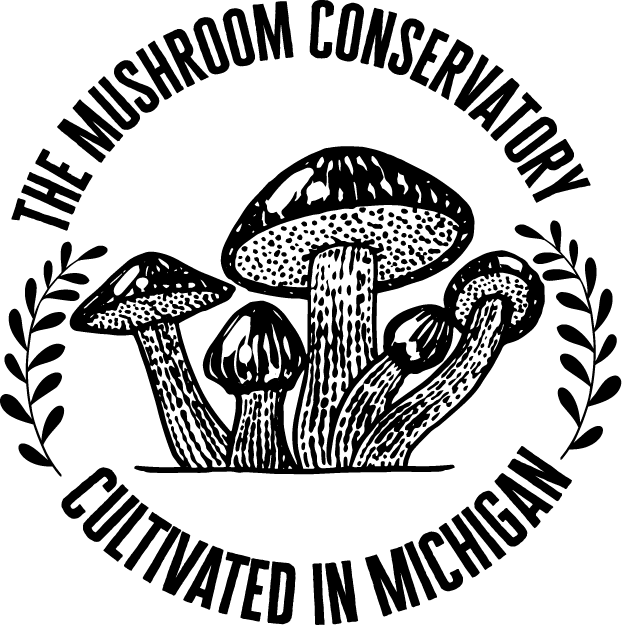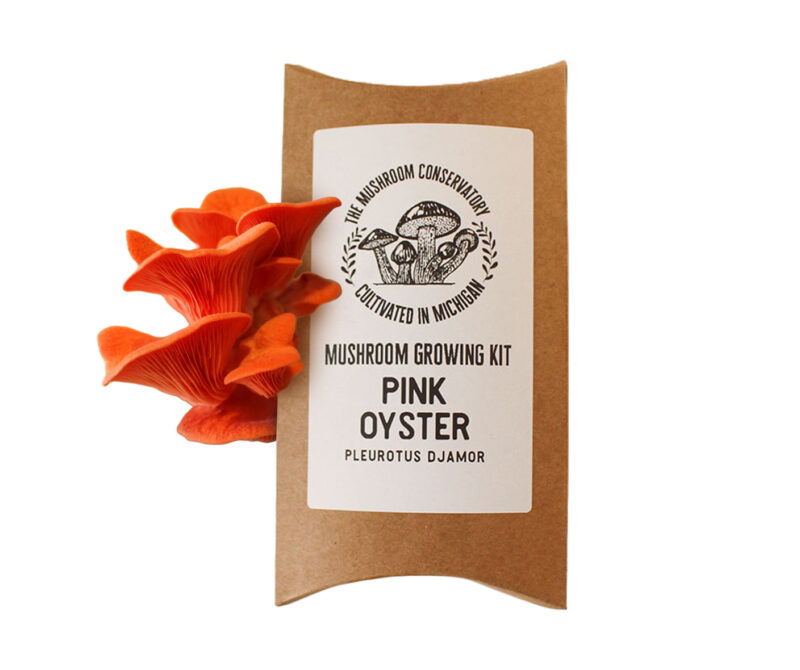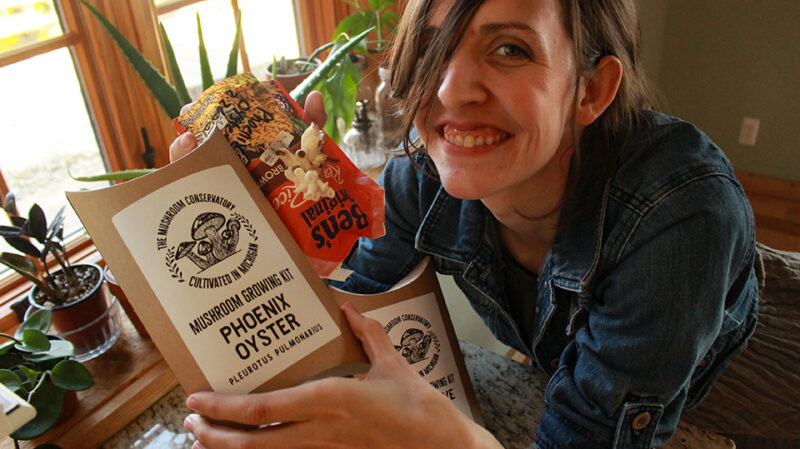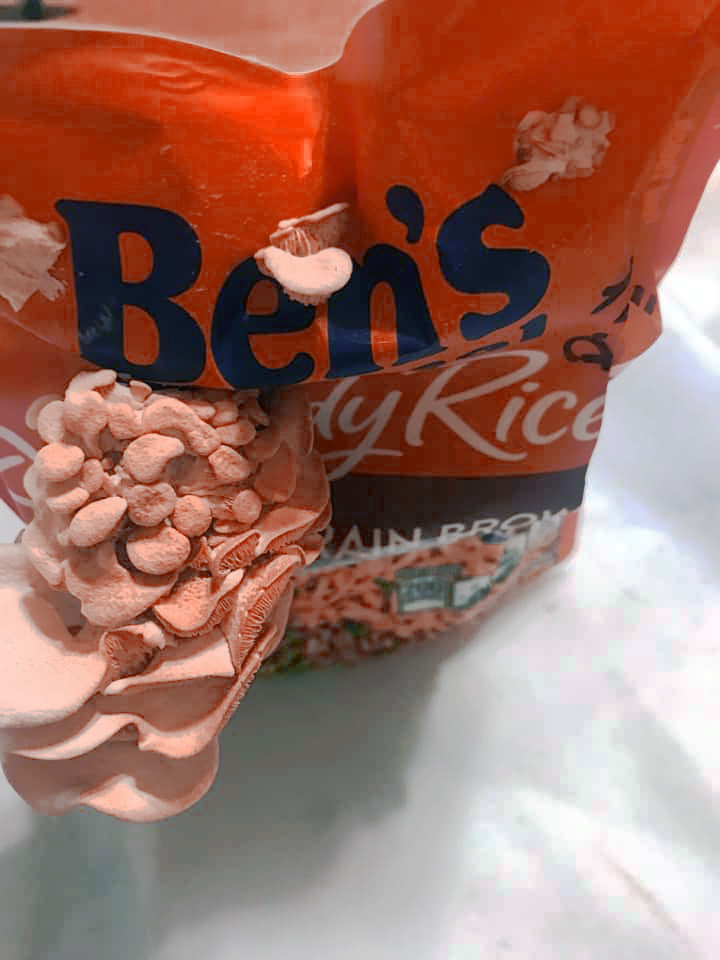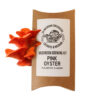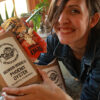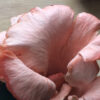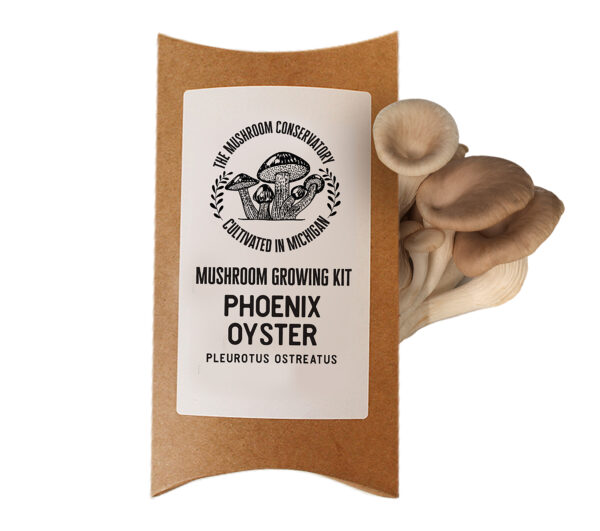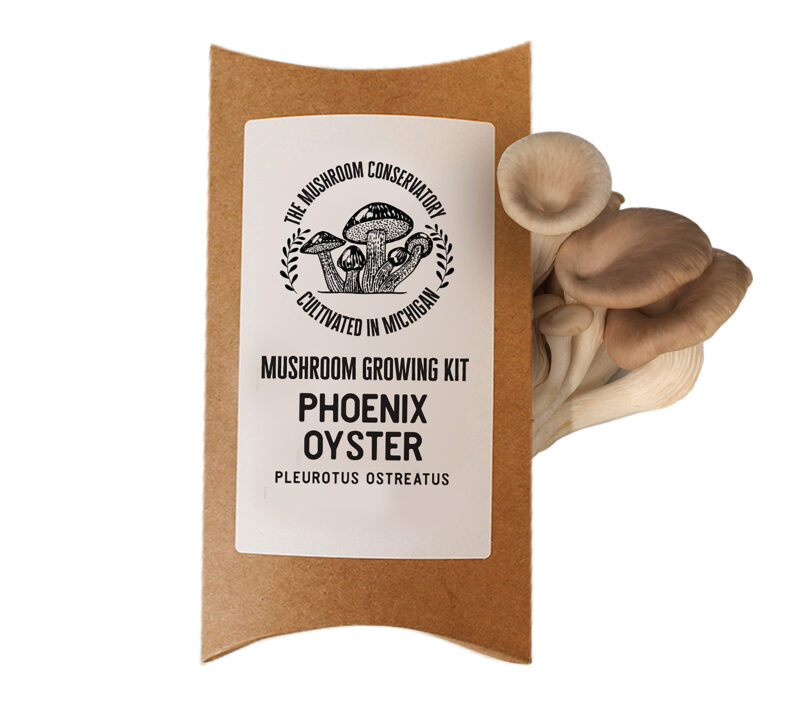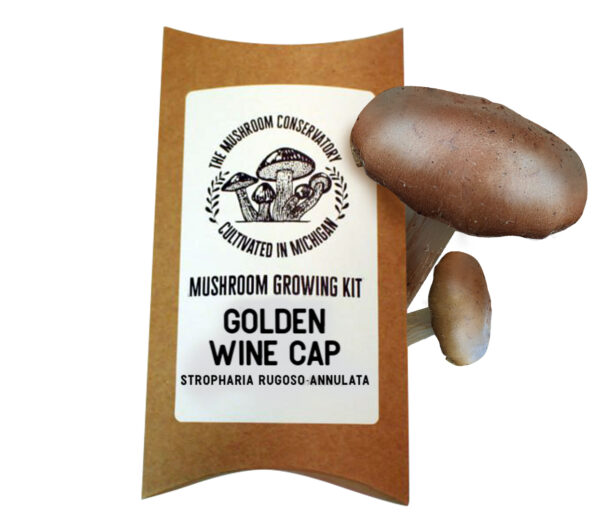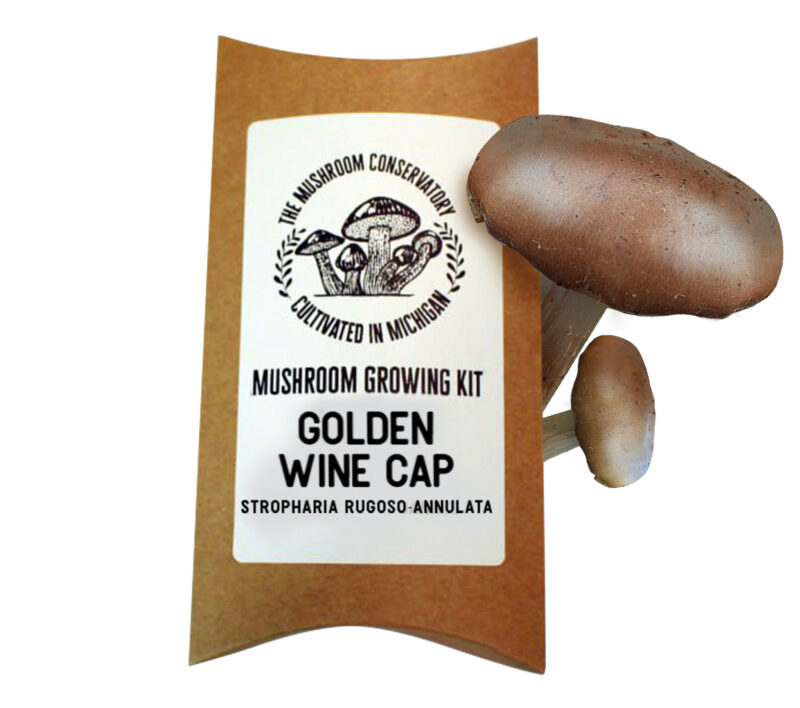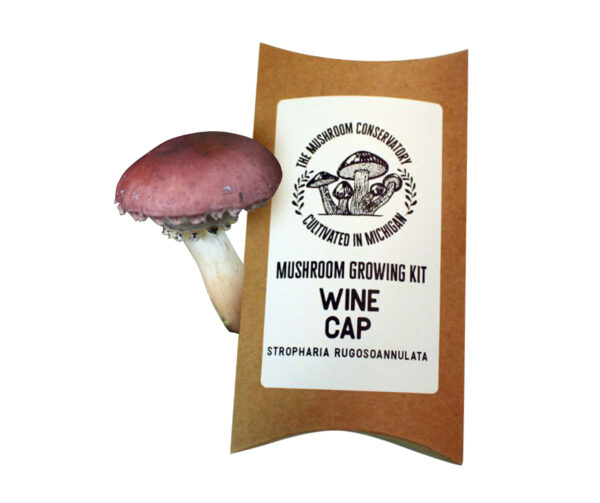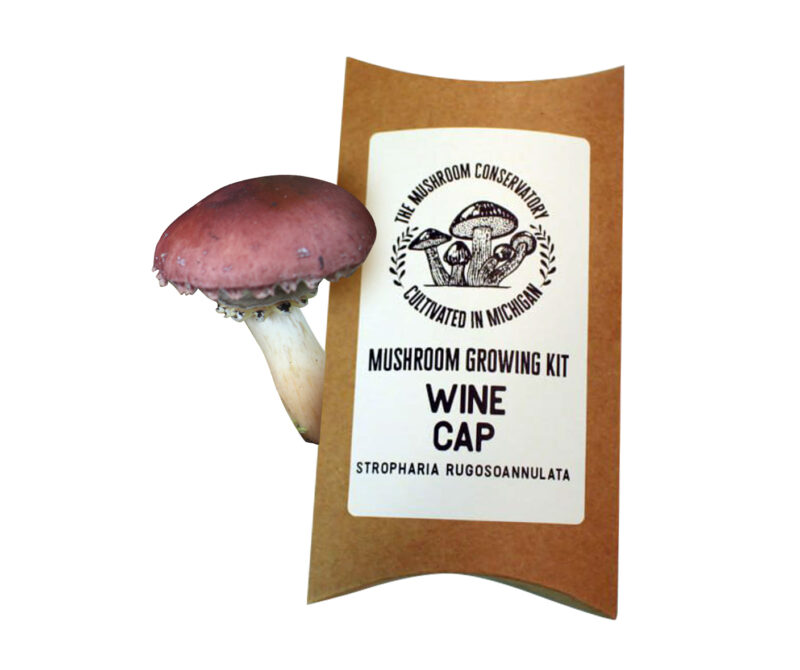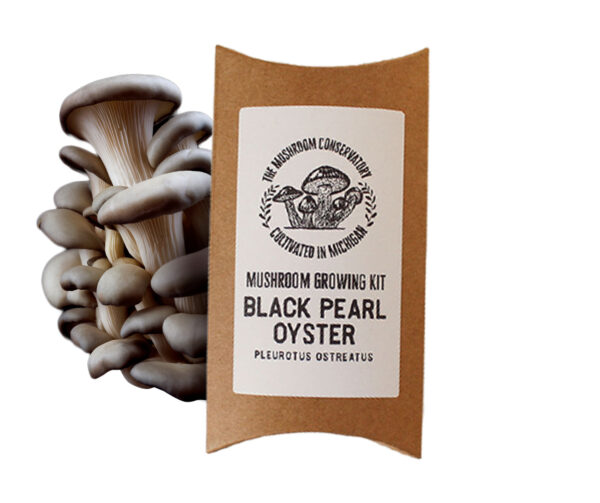Your cart is currently empty!
Pink Oyster Mushroom Growing Kit
Description
These gorgeous pink mushrooms are a delight to the eyes with their unique shape and vibrant color, and can transform any dish with their extraordinary flavor profile. Cooking them unveils a delicious, bacon-like flavor loved by chefs and home cooks alike.
Each set includes detailed instructions, your mushroom culture, and a fungi word search. It’s a great project for anyone with a love of plants, or to do as part of a nature study, or simply because they are beautiful and fascinating. And they’re great for cooking with/eating or just looking at if you’re the non-mushroom-eating type.
This is a pretty flexible project age-wise with the only caveat being that you’ll want adult supervision for the inoculation process for young students so that no fingers get poked:) it’s an indoor project, you’ll need a bag of pre-cooked rice, rubbing alcohol, and some paper bandage tape.
Try growing Pink Oyster Mushrooms, historically first documented by renowned botanist Georg Eberhard Rumphius as Agaricus djamor in the 17th century. This fascinating species was reclassified into the Pleurotus genus by Karel Bernard Boedijn in 1959, earning its current scientific name, Pleurotus djamor.
Class- Agaricomycetes: Parasitic, pathogenic, symbiotic, or saprotrophic; most are terrestrial, with few aquatic members; all are mushroom-forming; spore cap has openings; contains 17 orders.
Order- Agaricales: Most are saprotrophic, some are parasitic on plants (causing root rot), others are mycorrhizal; basidia produced in layers (hymenia) on the underside of fleshy fruiting bodies (basidiocarps), in tubes (boletes), or on gills (mushrooms).
Family- Pleurotus small to medium-sized mushrooms which have white spores; gilled mushrooms
Species- P. djamor
Additional information
| Weight | 3 oz |
|---|
